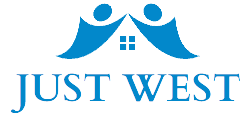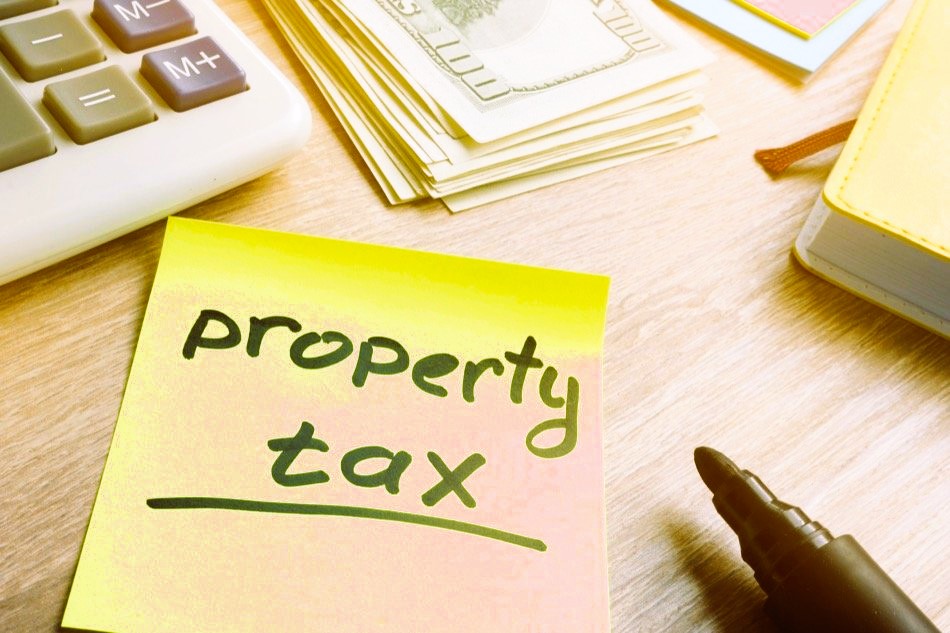Property tax is a fundamental aspect of homeownership in Canada. It’s a financial obligation that homeowners must understand and manage to ensure the smooth operation of their local municipalities, which rely on property tax revenue to fund essential services and infrastructure. In this comprehensive guide, we will explore property tax in Canada, including its purpose, calculation, payment, exemptions, and how it contributes to the well-being of communities across the country.
The Purpose of Property Tax
Property tax serves as a primary source of revenue for municipal governments in Canada. It is a direct levy on property owners within a municipality’s jurisdiction and is used to fund a wide range of public services and infrastructure projects, including:
- Local Education: A significant portion of property tax revenue is allocated to local school boards, helping finance public education in the area.
- Emergency Services: Property tax funds police, fire, and emergency medical services, ensuring the safety and security of residents.
- Infrastructure: Municipalities use property tax revenue to build and maintain infrastructure such as roads, bridges, water supply systems, and wastewater treatment facilities.
- Public Transportation: Some municipalities allocate funds to public transit systems, improving mobility and reducing traffic congestion.
- Recreation and Parks: Property tax revenue supports the development and maintenance of recreational facilities, parks, and green spaces, enhancing residents’ quality of life.
- Community Development: Municipal governments invest in community development projects and initiatives to promote economic growth and social well-being.
Calculation of Property Tax

Property tax is calculated based on the assessed value of a property and the property tax rate set by the local municipality. The assessment process may vary by province or territory, but generally involves the following steps:
- Property Assessment: A government-assigned assessor determines the assessed value of a property, which is an estimate of its market value. This assessment is typically conducted periodically, such as every four years.
- Tax Rate: Municipalities establish property tax rates based on their budgetary requirements. The tax rate is expressed as a percentage of the assessed value.
- Calculation: To calculate property tax, multiply the assessed value of the property by the applicable tax rate. The result is the annual property tax amount.
- Additional Charges: In some cases, additional charges or levies may apply, such as school taxes or regional district taxes, depending on the location. Read our article about the Beauty of Stained Glass in Vancouver’s Architectural Heritage.
Property Tax Payment
Property taxes are usually due on a specified date each year, and homeowners have several options for payment:
- Lump Sum Payment: Homeowners can choose to pay their property taxes in a single lump sum, typically on or before the due date.
- Installment Payments: Some municipalities offer the option to pay property taxes in installments, spreading the annual amount over several payments throughout the year.
- Mortgage Escrow: If homeowners have a mortgage, their property taxes may be collected by the mortgage lender and paid on their behalf as part of their monthly mortgage payment.
Failure to pay property taxes on time can result in penalties, interest charges, and, in extreme cases, the municipality may place a lien on the property.
Property Tax Exemptions and Rebates
Various provinces and territories in Canada offer property tax exemptions and rebates to certain eligible property owners, such as seniors, low-income individuals, and individuals with disabilities. These programs are designed to provide financial relief to those who may face challenges in meeting their property tax obligations.
Contributing to Vibrant Communities

Property tax plays a crucial role in maintaining and enhancing the quality of life in Canadian communities. It ensures that essential services are funded, infrastructure is developed, and educational opportunities are available to residents. By contributing to property taxes, homeowners actively support the well-being and prosperity of their local areas.
Moreover, property taxes are relatively stable and less susceptible to economic fluctuations compared to other forms of taxation, making them a reliable source of revenue for municipalities. Link to Wikipedia – Property Tax
In conclusion, property tax is an essential aspect of homeownership in Canada. Understanding how property taxes are calculated, paid, and their purpose in funding vital municipal services is crucial for homeowners. By fulfilling their property tax obligations, homeowners actively participate in the growth and well-being of their communities, contributing to the vibrancy and prosperity of the nation.

